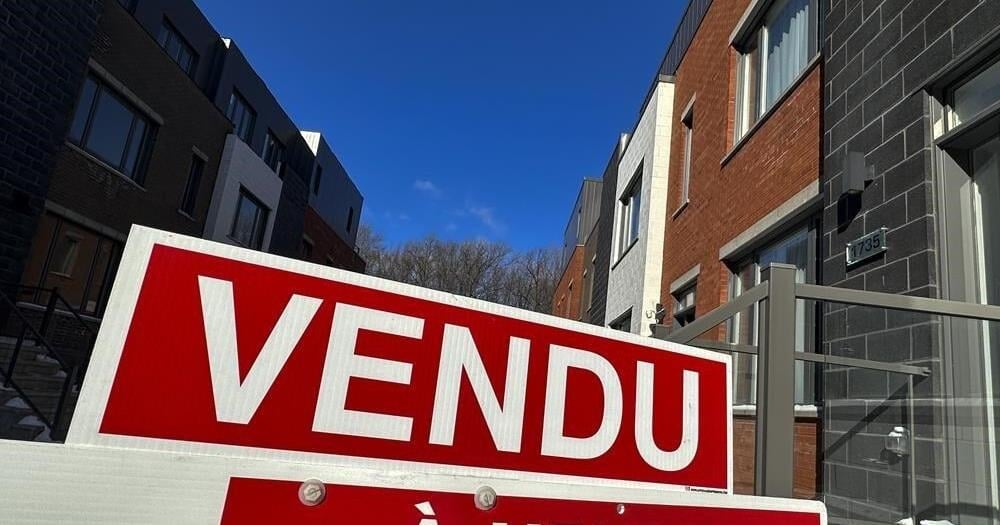Mary Teresa Bitti
POSTMEDIA NEWS
Proptech is the big buzzword in real estate and for good reason: It’s disrupting just about every aspect of the industry and interest is at a fever pitch. Global investment in proptech companies has grown from US$1B in 2012 to US$18B in 2018, according to the latest numbers by Statista.
So exactly what is proptech? It’s a broad term that includes everything from data, AI, machine learning, mobile apps and robots to flex office space and co-living residences. At the core of any proptech company, information technology is being used to disrupt the way buildings are designed, constructed, managed, used, purchased, leased and sold.
“Proptech is the intersection of technology and real estate to solve real estate issues,” says Fred Cassano, partner and national lead of PwC, Canada’s real estate tax practice. “The level of attention in the space is incredible. In the last four years, we’ve seen the acceleration in deal volume and also dollars being put into the space globally.”
Why now? Cassano says a convergence of events is fuelling real estate, which has been late to the adoption of emerging technologies, to catch up. Namely, the need for affordable housing, the lack of skilled labour, climate change and the global applicability of technology.
“Innovations developed in Europe, for example, can also work in Canada. In the past, real estate solutions were dedicated to local markets,” says Cassano. “As well, providers of innovations that have taken hold in other markets, such as finance and health care, are bringing those solutions into real estate.”
Here’s a brief look at the technologies transforming real estate broken out into three key categories:
Place Tech
This includes technologies such as online platforms, AI, data optimization, machine learning, cloud and blockchain that are being used to list, search, buy and sell homes, facilitate peer-to-peer rentals, co-living and co-working, automate interior design, transfer deeds and broker mortgages electronically.
Looking to the future, Cassano says co-living and co-working are here to stay and real estate as a service is emerging. “If you follow someone’s life, you will see an evolution in the types of space they need. Rather than buying and selling properties, you subscribe to an organization that will find you the space you need where and when you need it,” he says.
As for real estate brokers: “They will need to redefine their role. It may not be about the transaction, but after-care services.”
One area that’s ripe for the taking, according to Cassano: The tokenization of real estate transactions, such as mortgage approvals, for example. “This will be the next big transformation.”
Construction tech
This includes everything that touches the design build aspect of real estate. Again the range of technologies is wide, from software to immersive virtualization, to three-dimensional modelling and printing, to drones.
Many types of robotics are also poised to revolutionize the largely unautomated construction industry. For example, 3D printing and industrial robots recently built a 3D printed bridge in The Netherlands. Demolition robots, machines that can lay bricks, remote-controlled and autonomous vehicles are other examples of construction robots.
Tenant engagement tools
Amenity and tenant experience apps, operations and property management platforms, IoT (Internet of Things) devices and sensors, AI applications — these are examples of real estate technologies being used to meet consumer demands, strengthen relationships between landlord and tenant, optimize the use of space and equipment and improve energy efficiency. For example, IoT sensors are being used to detect the movement of people in a building to optimize when systems are used, to identify malfunctions in equipment and even to monitor wellness.
Source link
Related

























